Cats hold a special place in our hearts. They’re not just pets, but family. That’s why noticing changes in their behavior or health can be quite alarming. Many cat owners assume these changes are natural parts of aging, but it’s crucial to recognize when they might suggest more rapid aging. Here are ten signs your beloved feline might be growing older faster than you realize:
Decreased Mobility
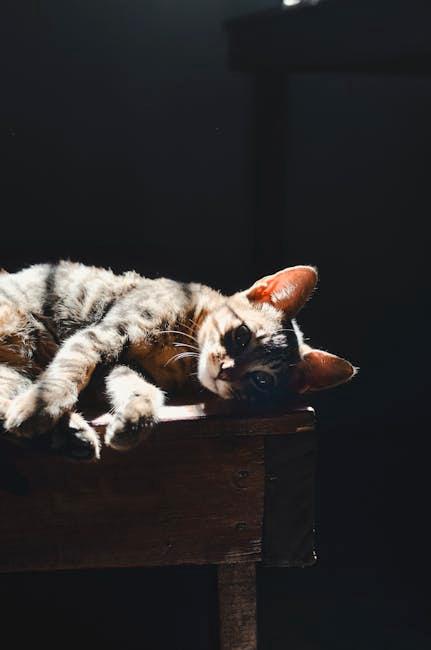
It’s common to see cats lounging around the house, but a noticeable decline in mobility can indicate something more. If your cat suddenly hesitates to jump onto their favorite perch or struggles to climb the stairs, it could be a sign of arthritis or joint pain. According to a study, over 90% of cats over 12 years old experience arthritis. In this case, your cat might not just be lazy—they might be in pain. Therefore, regular check-ups are critical to ensure they receive necessary treatments or pain management options. It’s not just about comfort, but maintaining the quality of life your feline deserves.
Weight Loss
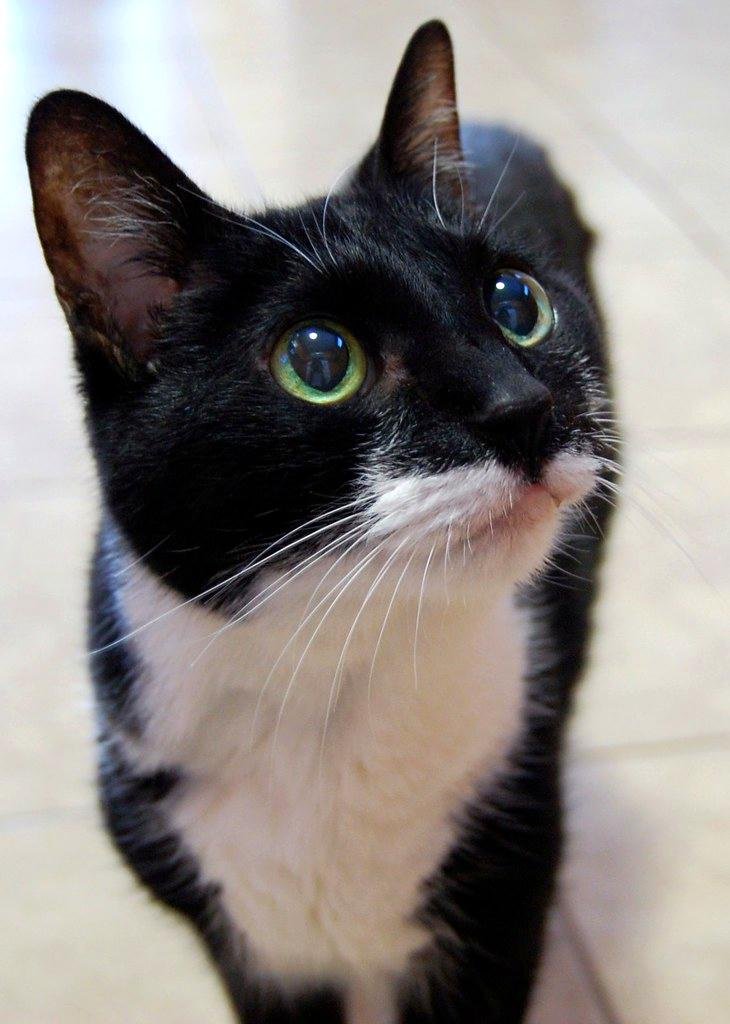
Losing weight isn’t usually a cause for celebration in cats. If your furry friend seems noticeably thinner or even frailer, it could point to underlying health issues. Senior cats, especially, face conditions like hyperthyroidism or chronic kidney disease, leading to unintended weight loss. It’s important to weigh your cat regularly and consult your veterinarian when you notice unexpected changes. More than just monitoring their weight, it involves understanding their overall health status. Keeping an eye on weight helps in early detection of potential age-related diseases.
Dental Issues
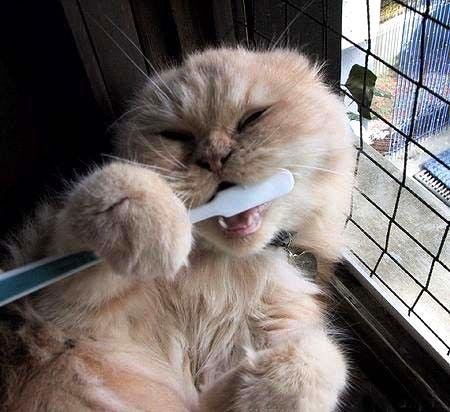
Cats often have a reputation for having less-than-pleasant breath, but this isn’t always normal. If your cat has bad breath or if you spot red gums, tartar buildup, or even tooth loss, they could be dealing with dental disease. These conditions are not only painful but can also lead to decreased appetite and subsequent weight loss. Regular dental check-ups and maintaining an oral hygiene routine at home can help prevent these issues. Some people tend to overlook dental care for cats, yet it is undeniably a pillar for health as they age.
Changes in Temperament
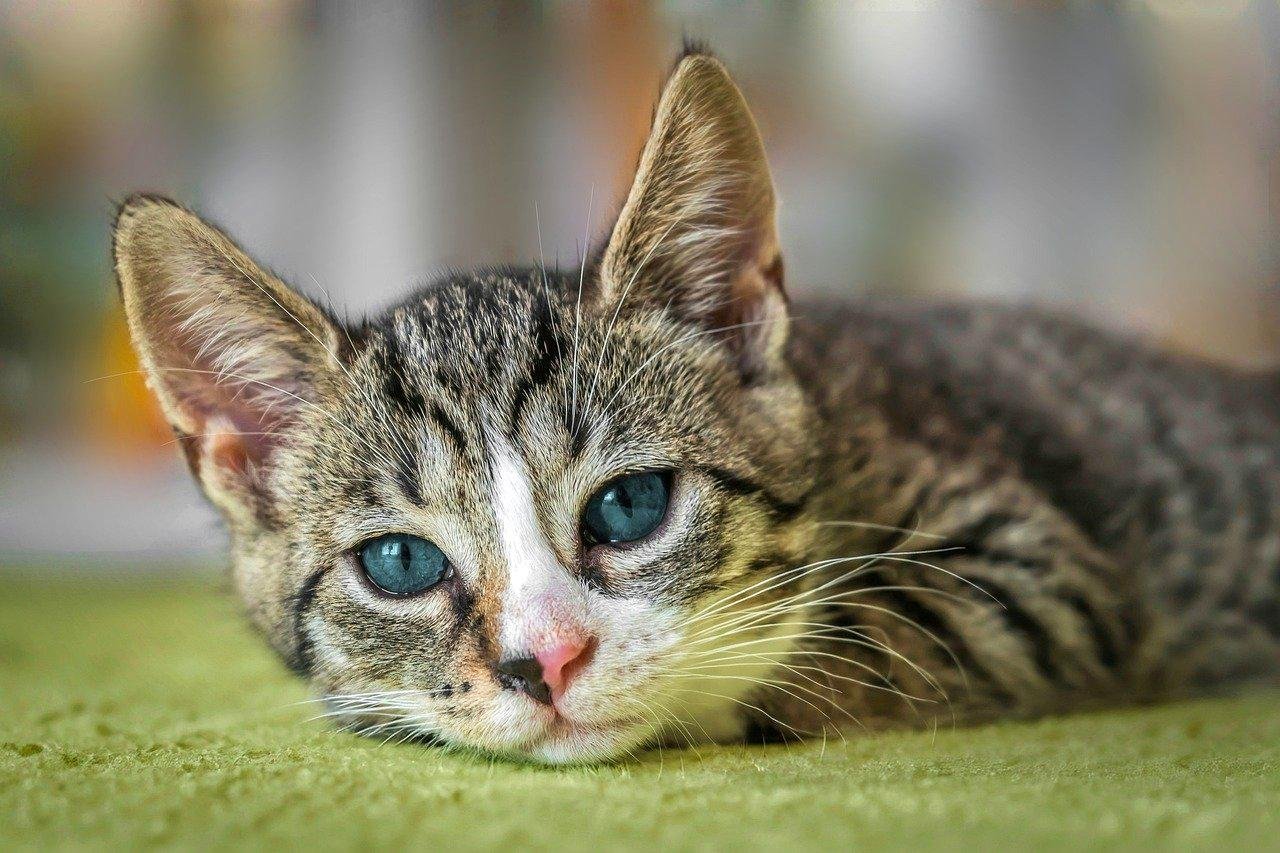
Temperament alterations can sometimes signal deeper issues. If your usually friendly cat becomes irritable, it might not just be a bad day. They could be experiencing discomfort or pain related to ailments like arthritis or even cognitive decline. Behavioral changes might be subtle, but should always garner your full attention. Consult your vet to find potential causes and solutions. By addressing these changes, cat owners can help ensure their pet remains as joyful and comfortable as possible.
Altered Eating Patterns
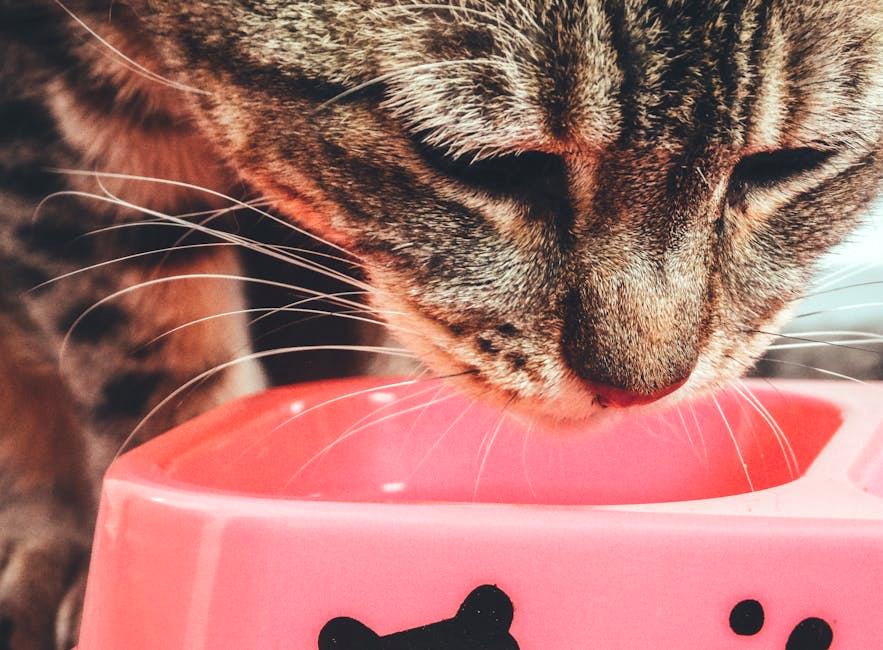
Food might be the highlight of the day for many cats, so any changes in eating patterns shouldn’t be ignored. A decrease in appetite can be linked to various issues like dental pain, loss of smell, or systemic illnesses like kidney ailments. Cats rely heavily on their sense of smell to enjoy their meals, and when this diminishes, so does their interest in food. Ensuring your cat’s dietary needs are met is crucial and maintaining a food diary could offer insights to flag changes to your vet.
Reduced Activity Levels
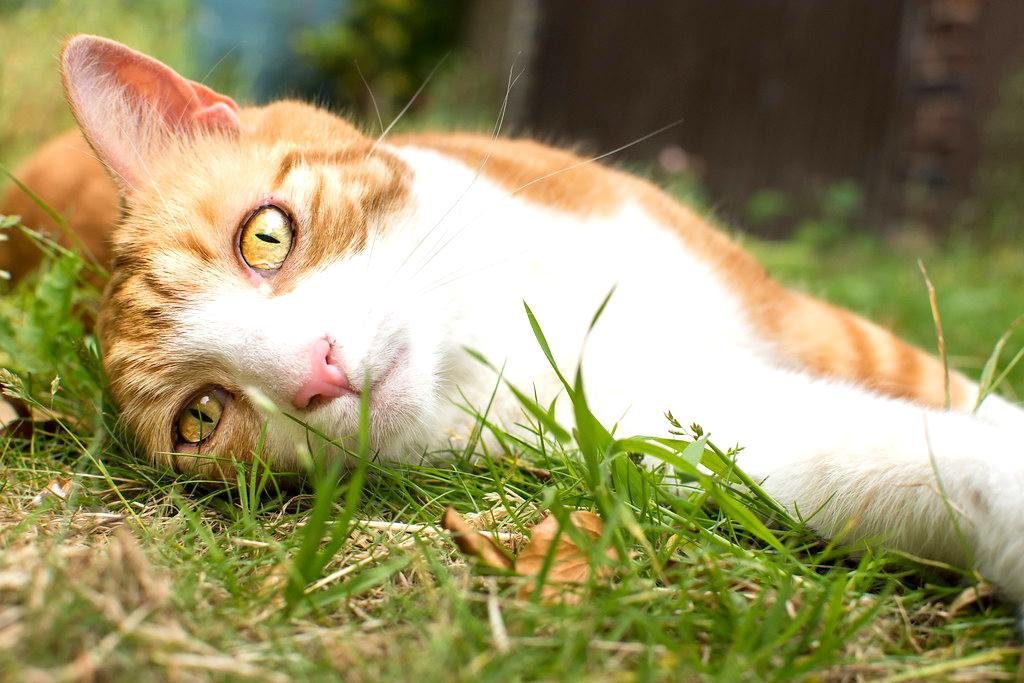
While playfulness might wane as cats age, a significant drop in activity levels could signify health problems. Arthritis or cognitive dysfunction often results in a sluggish cat. To help them, consider introducing gentle exercise or interactive toys to stimulate both body and mind. Keeping your cat active not only improves physical health but also supports mental wellness, making aging a bit more graceful and less discomforting.
Changes in Grooming Habits
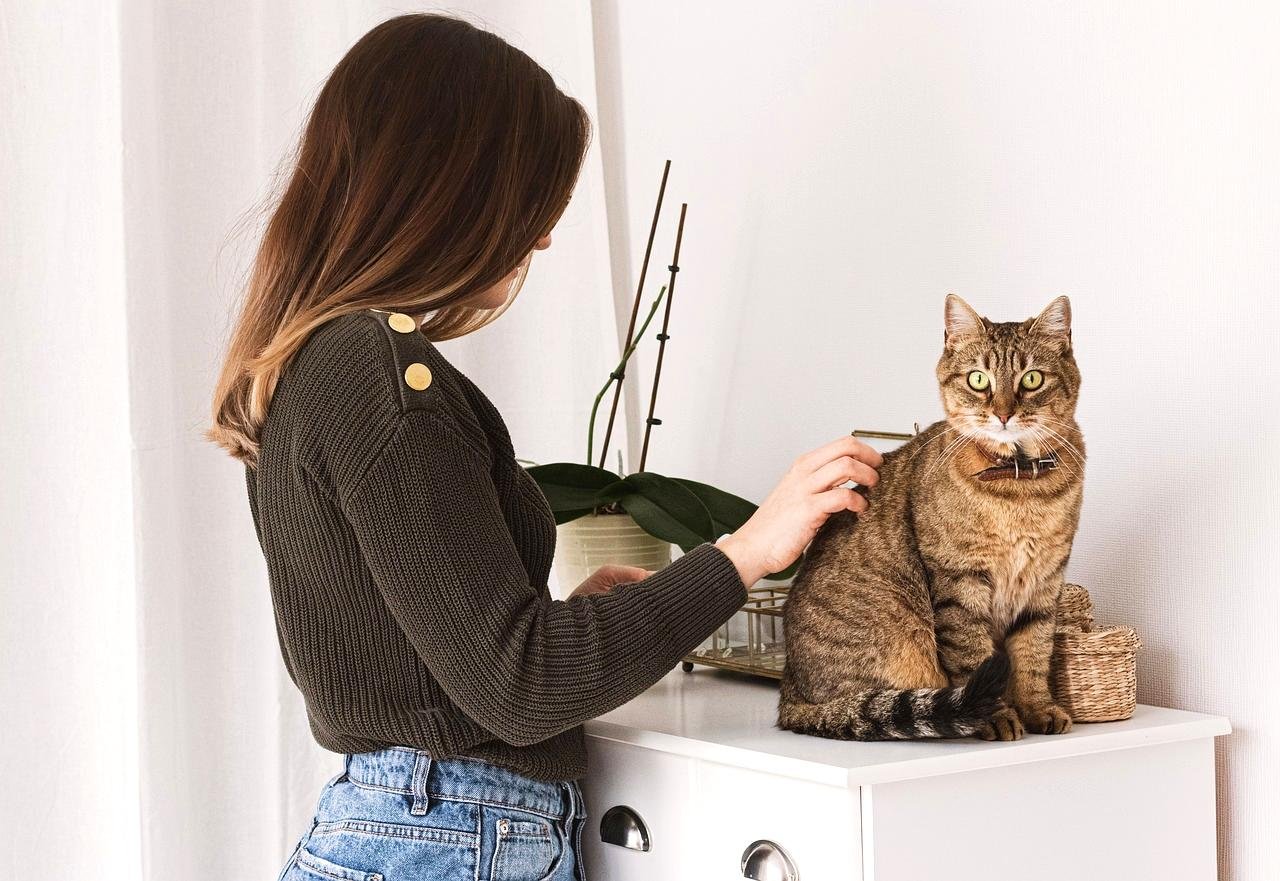
A cat’s coat can tell you a lot about their health. If it becomes matted or greasy, this might mean your cat is grooming itself less frequently. Arthritis can make self-grooming painful, while cognitive decline could cause them to simply forget. To help, engage in regular brushing sessions with your cat. Not only does this maintain coat health, but it also strengthens the bond between you and your feline friend.
Increased Vocalization
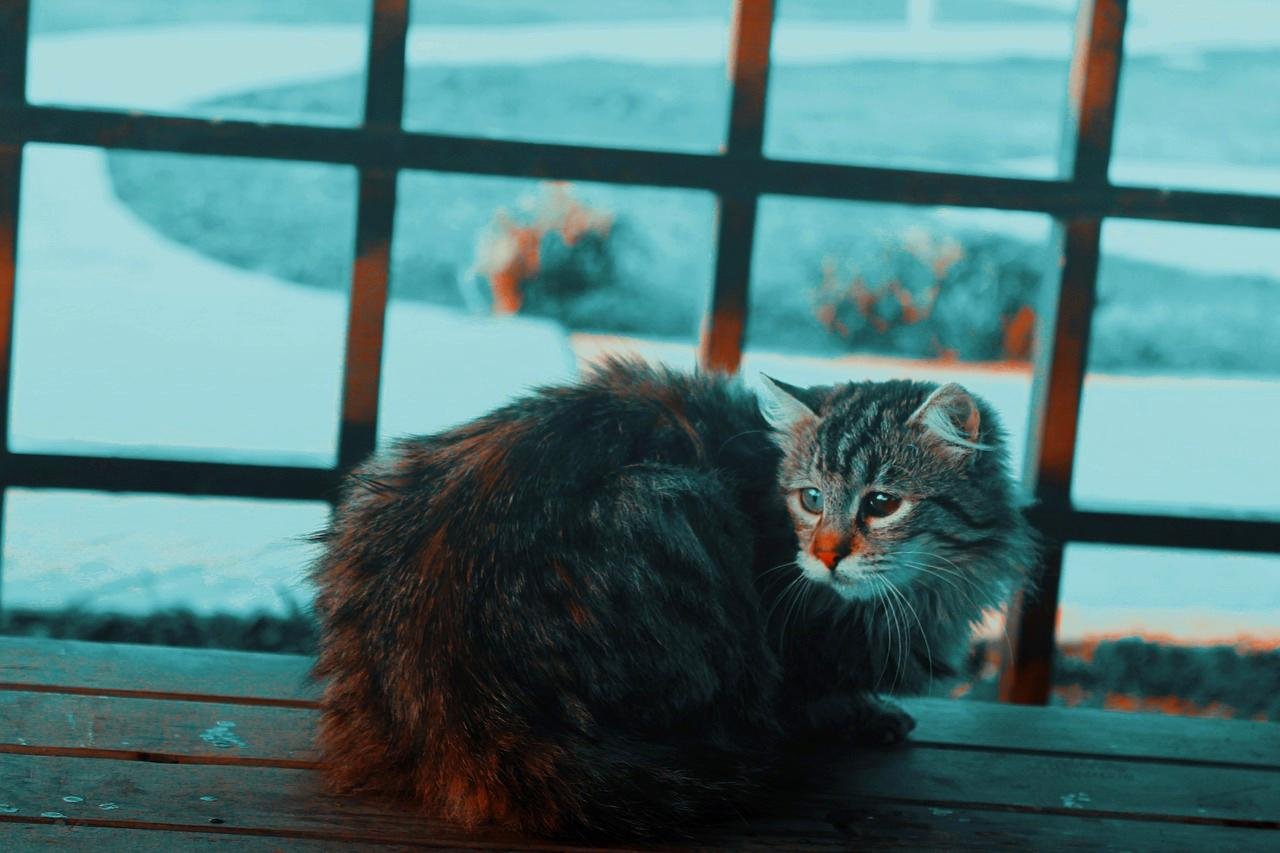
Cats have distinct communication styles, but increased vocalization, especially at night, can be concerning. This behavior might be tied to confusion or anxiety stemming from cognitive dysfunction. Just as humans can become disoriented with age, so can our pets. Veterinary consultation is essential here, as interventions can help reduce anxiety and increase comfort in your aging cat.
Litter Box Issues
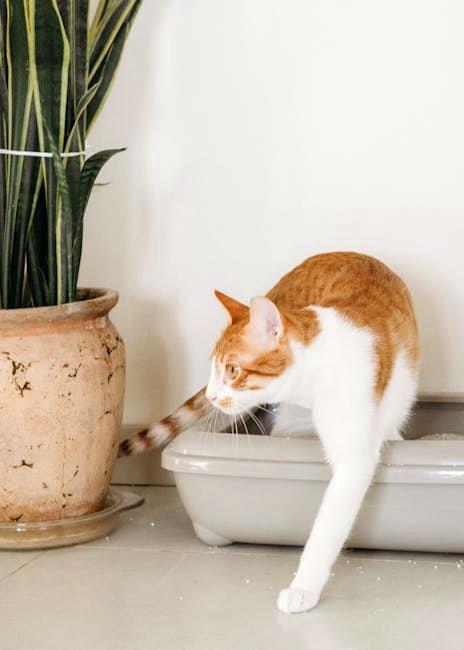
A trustworthy litter box routine might see disruptions as cats age. Deviations, such as accidents, might signify problems like mobility issues or cognitive decline. It’s important to adapt your home to your cat’s changing needs. Giving them easy litter box access and maybe adding more boxes can alleviate stress and maintain hygiene. Veterinary advice is invaluable in managing these challenges.
Vision and Hearing Changes
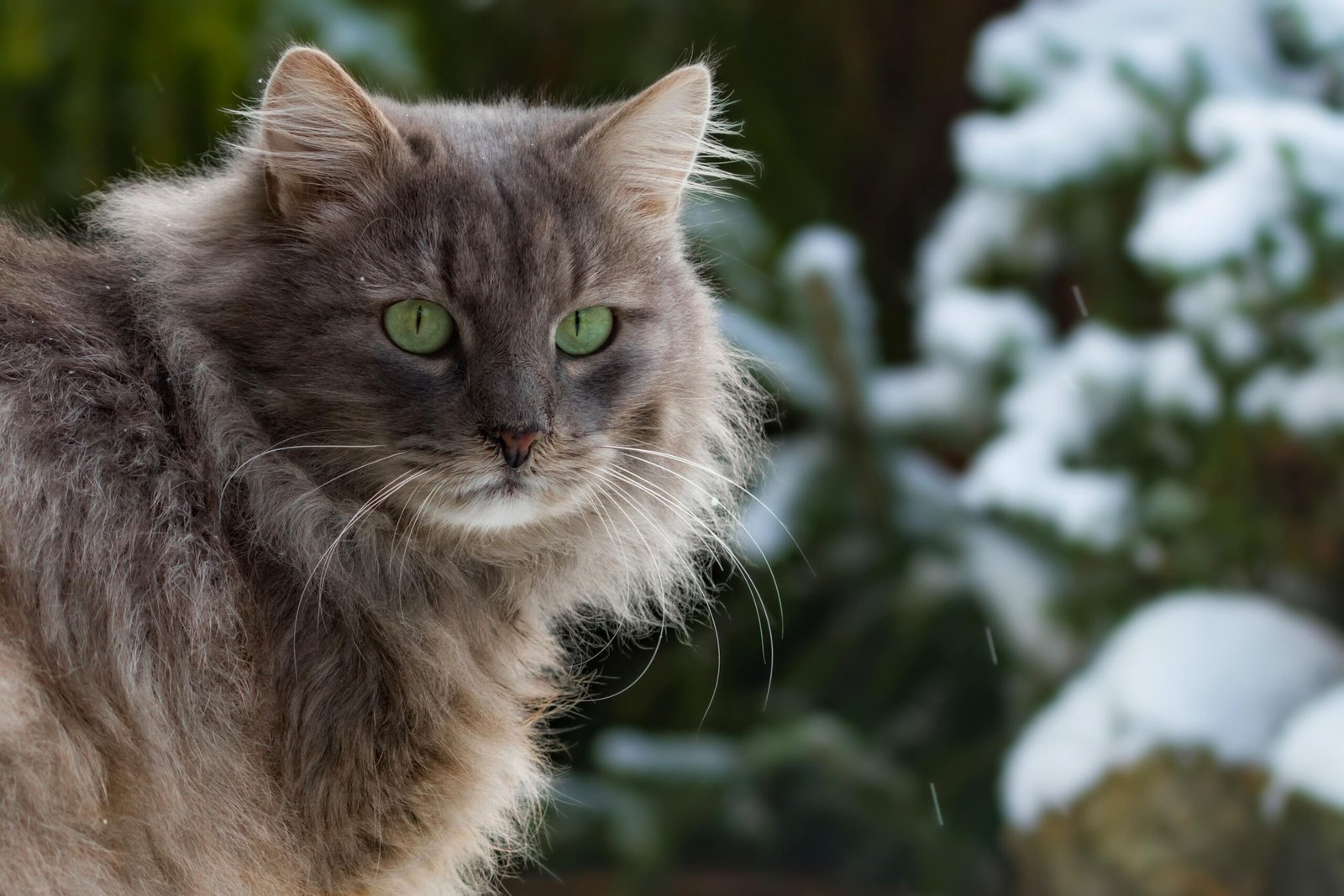
Just like humans, cats can experience diminished senses with age. Vision and hearing changes are common, and while they might adapt in their own way, these changes affect their behavior and interaction. Regular vet check-ups can help diagnose these issues early, allowing for timely adjustments to their environment—ensuring your cat continues to live comfortably.
Every cat owner wants their feline friend to age with grace and dignity. Being vigilant to these signs means that you’re providing the best care possible for them in their golden years. Recognizing the signs early and seeking professional advice is pivotal in managing your cat’s aging process effectively while preserving their quality of life.
